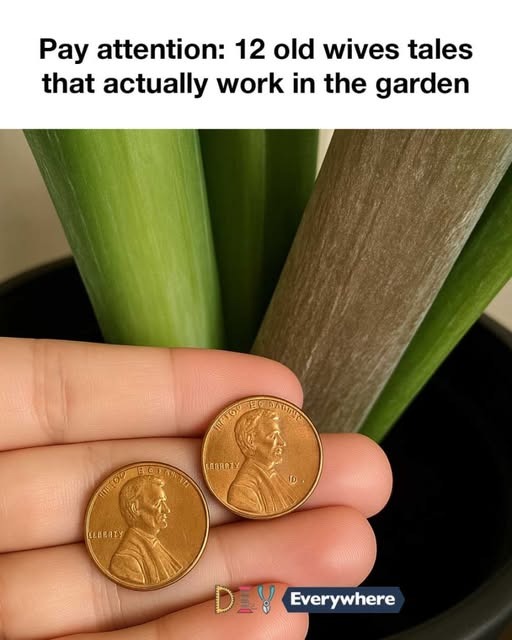ADVERTISEMENT
5. Coffee Grounds to Enrich Soil
Used coffee grounds are a valuable addition to the garden, providing organic matter and essential nutrients like nitrogen. They can improve soil structure, increase water retention, and support beneficial microorganisms. Coffee grounds also have a slight acidic effect, which can benefit acid-loving plants like blueberries and azaleas.
6. Companion Planting for Natural Pest Management
Companion planting involves growing certain plants together to enhance growth and deter pests. For example, marigolds are known to repel nematodes, while basil can deter flies and mosquitoes. This practice not only reduces the need for chemical pesticides but also promotes biodiversity and a balanced ecosystem in the garden.
7. Aspirin Water to Boost Plant Immunity
Aspirin, or acetylsalicylic acid, can help boost plant immunity by triggering a defense response. When dissolved in water and sprayed on plants, aspirin can enhance resistance to diseases and stress. This practice mimics the natural production of salicylic acid in plants, which plays a role in systemic acquired resistance.
8. Milk as a Natural Fungicide
Milk has been used as a natural fungicide to combat powdery mildew and other fungal diseases. The proteins and enzymes in milk can inhibit the growth of fungi, providing an eco-friendly alternative to chemical treatments. Diluted milk solutions can be sprayed on affected plants to reduce disease severity and promote plant health.
9. Vinegar for Weed Control
Vinegar is an effective natural herbicide, particularly for young and annual weeds. Its acetic acid content can kill weeds by drying out their leaves. While vinegar is non-selective and can harm desirable plants, it can be used carefully to manage weeds in pathways and garden edges.
10. Soap as an Insect Repellent
Soap sprays are a simple and effective way to control soft-bodied insects like aphids and mites. The fatty acids in soap can disrupt insect cell membranes, leading to dehydration and death. By using mild, biodegradable soap, gardeners can manage pests without harming beneficial insects or the environment.
11. Baking Soda for Sweeter Tomatoes
Baking soda can be used to reduce soil acidity, potentially leading to sweeter tomatoes. By sprinkling baking soda around the base of tomato plants, gardeners can raise soil pH slightly, which may enhance fruit sweetness. However, this practice should be used sparingly to avoid disrupting soil balance.
see next page 💕👇
ADVERTISEMENT
